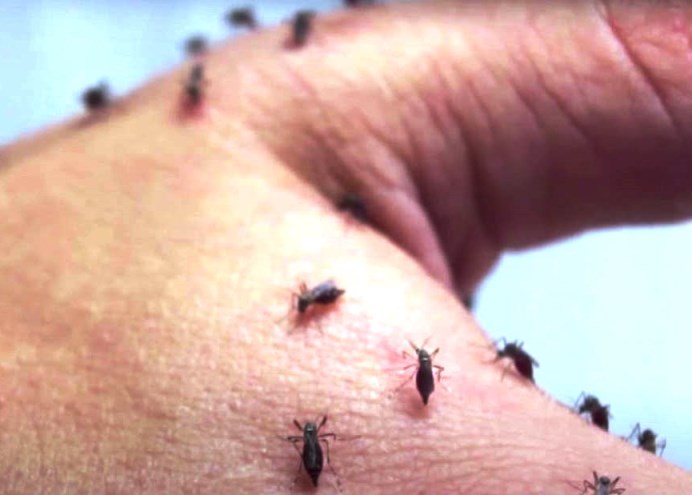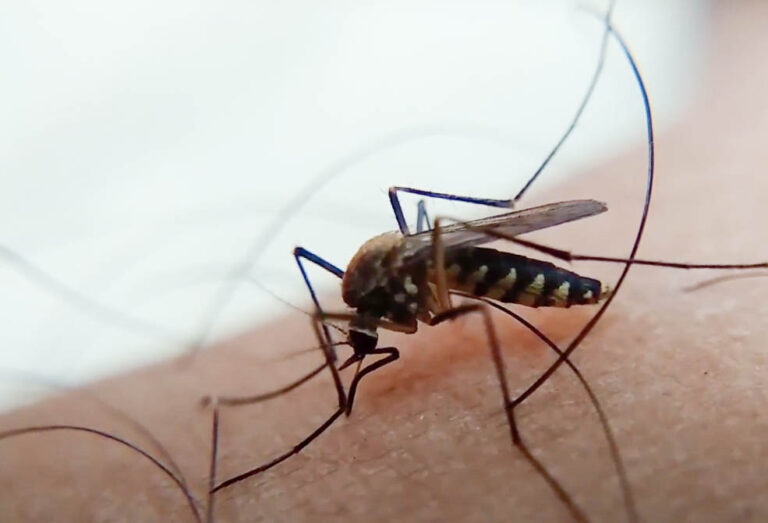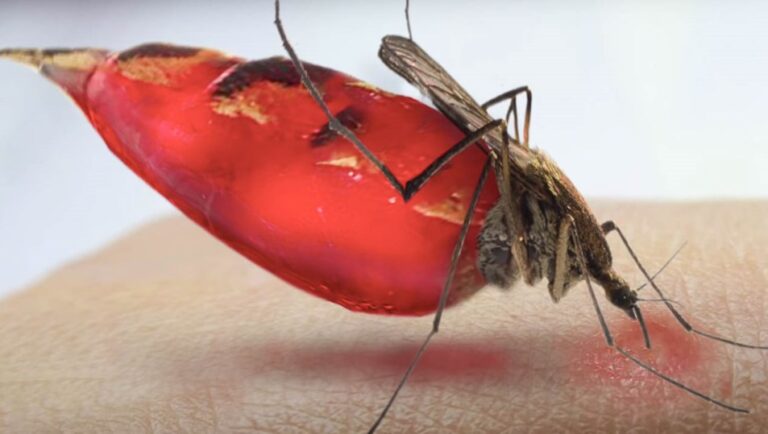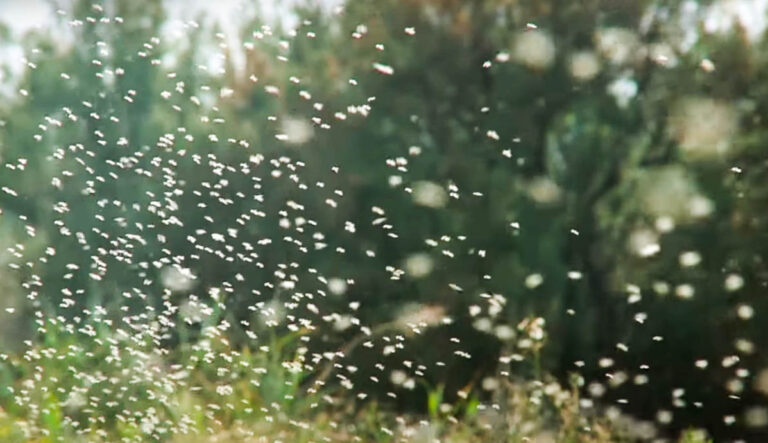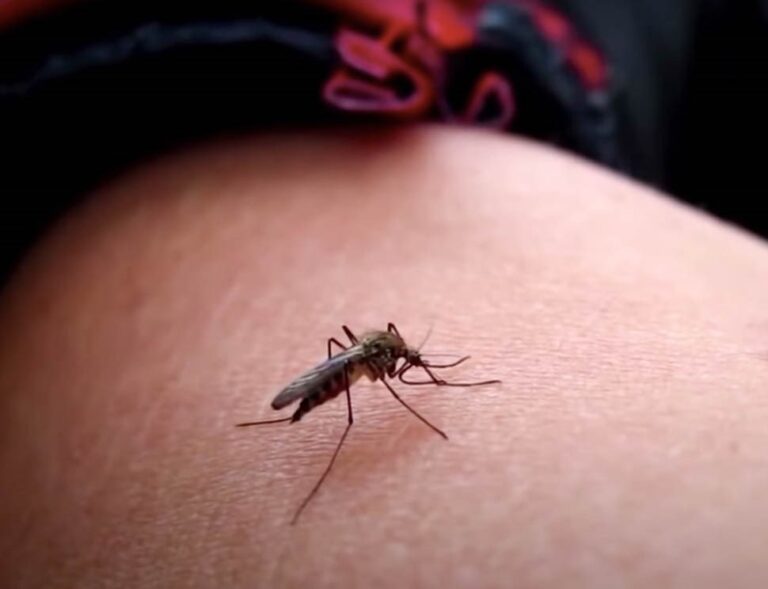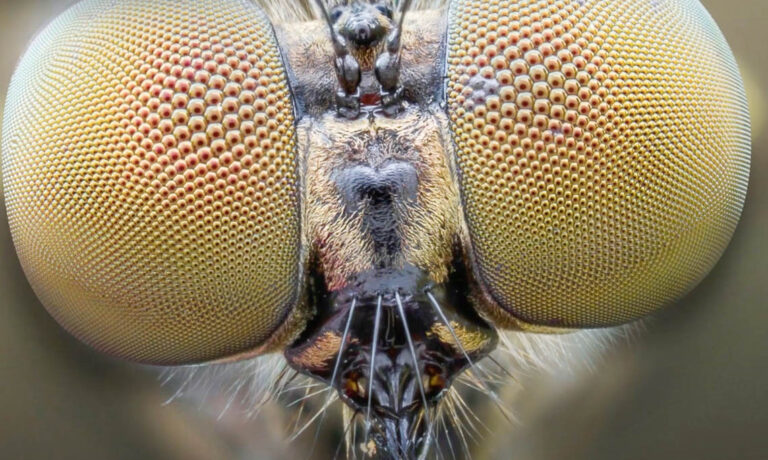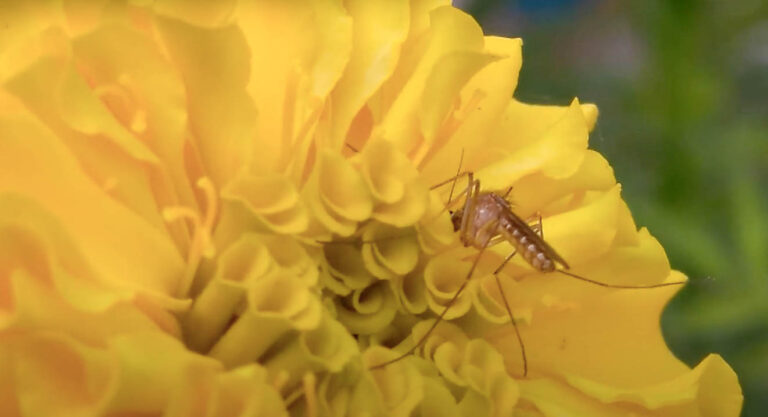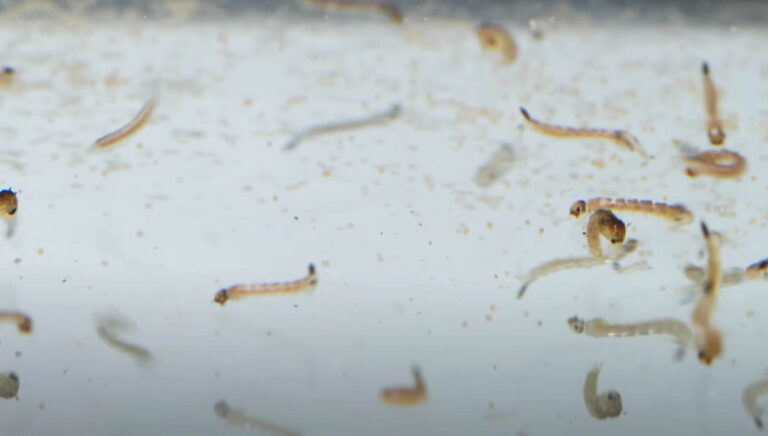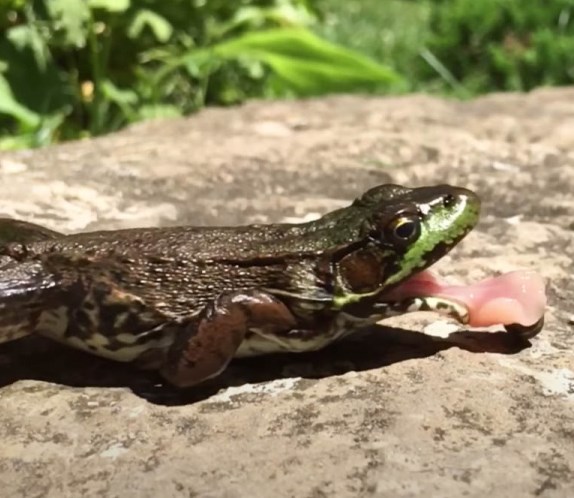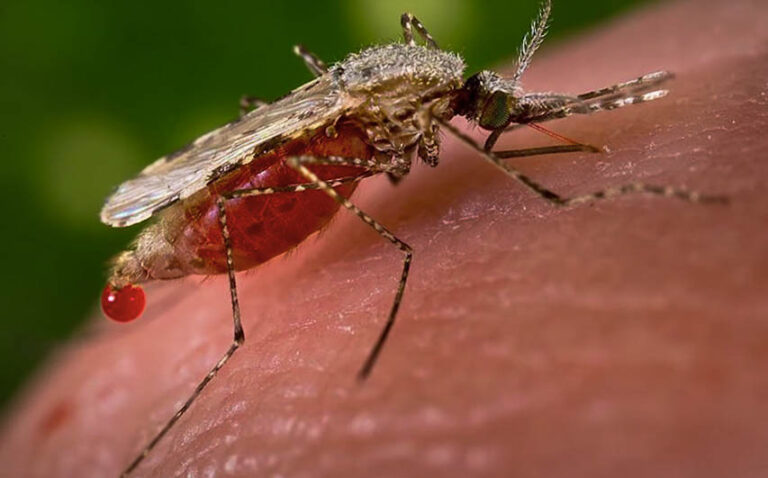What are the differences between male and female mosquitoes?
What are the differences between male and female mosquitoes?
Mosquitoes are generally unfriendly pests that should never be welcomed into any neighborhood. Even though the pests are generally unwelcome, their sexes play a major role in determining the danger they pose.
You probably know that the female mosquitoes are responsible for spreading a lot of the diseases they carry. This is because the females need protein from blood to produce eggs. The males can make do with plant materials as their food.
In this article, we consider other differences between male and female mosquitoes.
Size
The male and female mosquitoes differ in size with the male being smaller than the female. The smaller size may be due to the reproductive requirements of the female mosquitoes.
Sounds
Apart from being carriers of deadly diseases, mosquitoes are particularly annoying. They make buzzing sounds before biting humans. This sound is restricted to the females, the blood-sucking group. The males do not make the buzzing sounds.
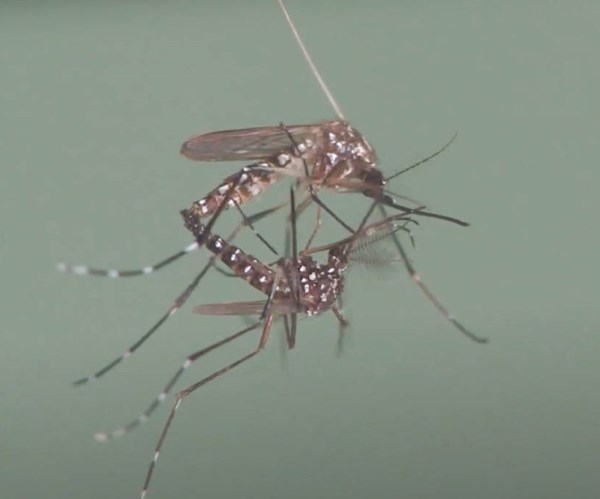
Antennae
The antennae of the male and female mosquitoes indicate their different habits. The antennae of male mosquitoes have multiple flagella. The flagella of the mosquitoes are important for detecting sounds. Male mosquitoes have multiple flagella because they need to detect the presence of female mosquitoes in the area.
Female mosquitoes make buzzing sounds which the males lookout for and detect with the flagella on their antennae. The antennae of male mosquitoes thus have a bushy appearance. The antennae of the female mosquito have much fewer flagella.
Lifespan
Generally, mosquitoes have a short lifespan. This short lifespan is further differentiated between the male and female mosquitoes. The male mosquitoes have a very short lifespan. The males live for a few days to a few weeks. The female mosquito can live for a few months, up to five months.
The lifespan differences influence the behavior of male and female mosquitoes. The male mosquitoes actively seek mating partners after they hatch from pupae. They may stay back at the breeding site to wait for females that may come to lay eggs.
Habitat
Male mosquitoes do not need to maintain close relationships with humans for any reason as they do not need blood in their diet. Thus, they prefer to make their homes far away from human homes.
The female mosquitoes require blood in their diet. They get blood meals from vertebrates and particularly prefer humans. This is why they like to establish their homes in human environments.
Male and female mosquitoes display cardinal differences that can be applied in distinguishing them and for general control and prevention.
